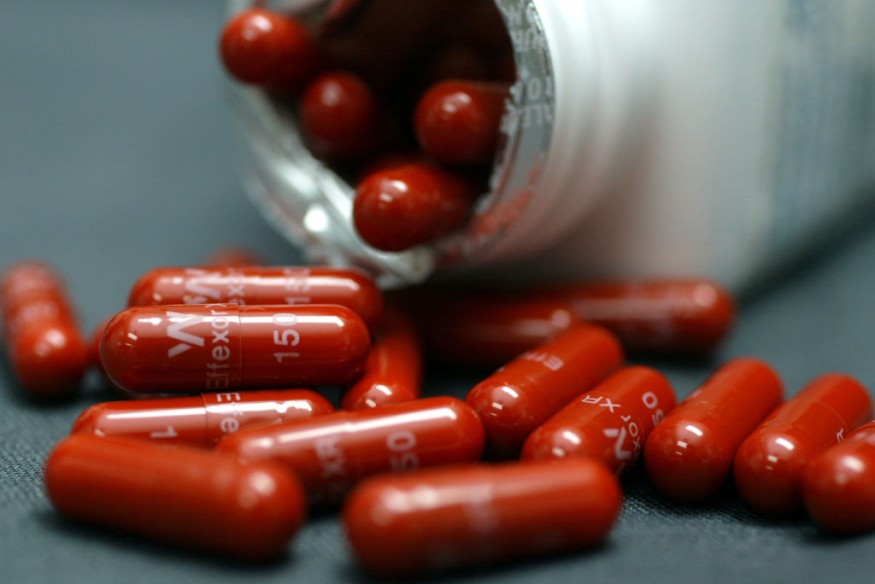Here's Why Your Antidepressant Meds Are Not Working

Major depression is one of the most common mental illness in the United States. The National Institute of Mental Health has seen a 7.1 percent of U.S. adults to have major depressive episodes.
Among the population, adult females have higher major depressive disorder episodes with 8.7 percent.
The World Health Organization has estimated that around 264 million people worldwide are affected by mental illness.
Many causes may trigger depression, such as trauma. Its symptoms can be fatigue, trouble concentrating, feelings of guilt, worthlessness, and helplessness, among others.
Treatments for clinical depression include psychotherapy, antidepressants, or both.
But why do some antidepressants suddenly stop working? Here are some probable causes:
Depression can hide other disorders
You might be experiencing depression symptoms; however, this does not mean that your diagnosis should be clinical depression.
Scott Carroll, MD, neurophysicist, and psychopharmacologist, said that other illnesses might cause depression symptoms.
For instance, bipolar disorder can cause forms of depression. But those forms of depression will not respond to the same types of medications.
Also, personality disorders can also show depressive symptoms. In this case, personality disorders will not respond well to antidepressants, which might lead some people to believe that their meds are not working.
Brains Adapt
You might think that once you have found the perfect medication, the search is over. However, maintaining this remission is a challenge.
Carroll said that most antidepressants increase serotonin levels.
"The body will down-regulate your serotonin receptors by either making them less sensitive and/or by decreasing the number of receptors in your synapses. Prozac is best known for this effect, but even then, you usually only need to increase the dose once to maintain response," Carroll was quoted in a report.
Shanthi Mogali, MD, a double board-certified physician in General and Addiction Psychiatry and director of psychiatry at Mountainside Treatment Center, said that there are other factors that can affect this.
These include stress levels, substance abuse, and medication interactions.
Consider Psychotherapy
Carroll said that psychotherapy is usually overlooked as part of a treatment. He also said that it can take years, but psychotherapy can cure your depression.
This can also prevent future depression, but these should be done consistently, Carroll added.
Sleep
Researchers at the University of Michigan looked at 68 depression students during their first two weeks on an antidepressant.
Researchers found that those who slept eight hours were almost twice as likely to achieve remission.
J. Todd Arnedt, PhD, associate professor in psychiatry and neurology at Michigan, said that the study demonstrates that enough sleep might accelerate and augment antidepressant treatment response.
Options
There is a wide range of options available when it comes to antidepressants. There is an accepted method of finding the medication that suits right for you.
This usually start with what's known as a selective serotonin reuptake inhibitor. SSRI includes drugs such as such as Prozac, Zoloft, Lexapro, and Paxil.
Usually, you try a prescription of six to eight weeks at a therapeutic dose, and if this does not work, you can try a different SSRI.
Always consult your doctor before giving a medication a try. It is best to switch drugs with your doctor's advice.
Check these out:
Study Finds Genetic Link Between Creativity and Mental Illness
Why Mental Health Isn't Being Taken Seriously in the Latino Community
Talk Therapy is Better Than Drugs for Social Anxiety Disorder
Subscribe to Latin Post!
Sign up for our free newsletter for the Latest coverage!
© 2026 Latin Post. All rights reserved. Do not reproduce without permission.















